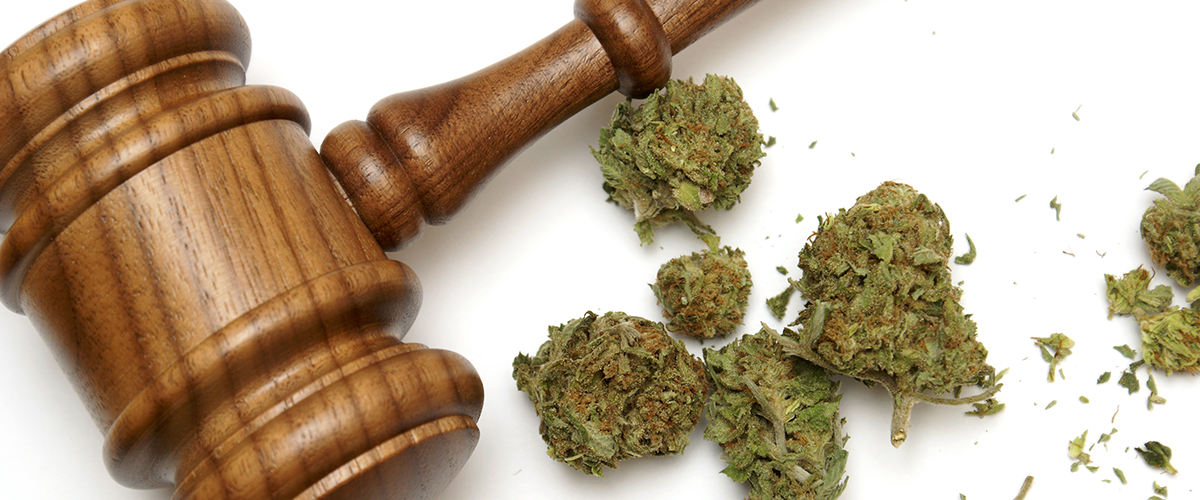U.S. Attorney General Jeff Sessions has been a longtime marijuana opponent, but made a comment last week suggesting he could be open to more research.
United States Attorney General Jeff Sessions has made it abundantly clear that he is no fan of legalizing marijuana, even for medical purposes. In a surprise move last week, however, he did indicate that he supports increasing the number of marijuana growers who supply the plant for medical marijuana research.
While testifying at an oversight hearing before the Senate Judiciary Committee, Sessions was asked by Sen. Orrin Hatch’s to “clarify” the Department of Justice’s position on applications from private growers interested in obtaining licenses to cultivate marijuana for research. For nearly 50 years, research-grade cannabis in the U.S. has been grown on a single farm at the University of Mississippi. Scientists have constantly complained about its quality.
“I think it would be healthy to have some more competition in the supply,” Sessions said.
The DEA opened the availability for marijuana growing licenses last year in an effort to fuel more medical marijuana research. Sessions’ DOJ has been accused of blocking the Drug Enforcement Administration (DEA) from acting on the more than two-dozen applications already submitted. None of the applicants have received a response.
While noting more growers would be good for competition, Sessions added that he is concerned about the additional DEA oversight costs associated with any new growing locations, and that he’s “sure we don’t need 26 new suppliers.”
Sessions’ statement in front of the Senate Judiciary Committee is notable as it comes after years of him being an anti-cannabis crusader. He’s been quoted as saying, “Good people don’t smoke marijuana,” has argued that marijuana “is only slightly less awful” than heroin, and has criticized President Barack Obama’s “lax treatment in comments on marijuana.”
Cannabis advocates for months have been concerned that Sessions has plans to crack down on the nation’s estimated $6.1 billion medical and adult use marijuana. Since stepping into his role as Attorney General, he’s directly questioned the efforts of the four states with operating recreational markets, and has requested that Congress rescind the Rohrabacher-Farr federal protections that currently prevent the Justice Department from prosecuting medical marijuana states.
Marijuana, whether intended for medicinal or recreational purposes, is considered an illegal Schedule I substance under the federal Controlled Substances Act. Since 1996, however, 29 states and Washington D.C. have legalized medical marijuana, and since 2012 eight of those states have gone a step further to legalize recreational marijuana.
Sen. Hatch, a longtime opponent to cannabis himself, recently introduced a piece of bipartisan legislation – the MEDS Act — that would remove administrative barriers that hinder the ability of investigators to study marijuana and its potential medical benefits.
Because of cannabis’s Schedule I classification, as of now researchers interested in investigating the effects of cannabis and its cannabinoids are faced with regulations and bureaucratic red tape that have hindered the volume of collected data. Still, over the past decade, medical marijuana researchers have made intriguing discoveries about cannabis and its effects.
Learn More About Cannabis Laws
While marijuana laws vary by state, cannabidiol (CBD) hemp oil products are legally imported and sold as dietary supplements in all 50 U.S. states and in over 40 countries. You can find more information on the cannabis laws where you live by visiting our education page.
Click here for the full PDF.






